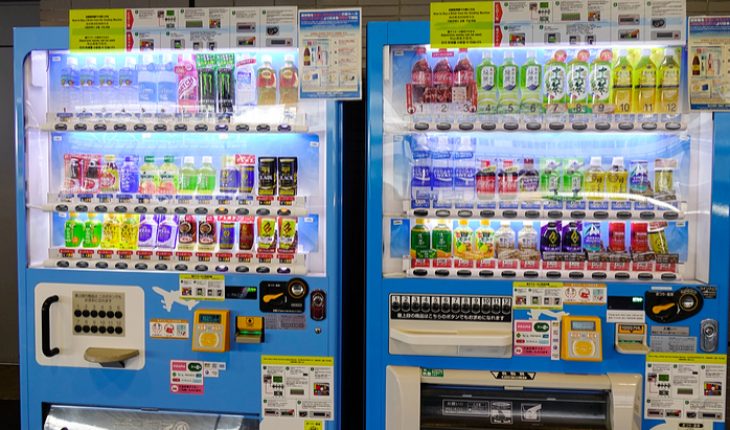
Logically, it appears as though a good idea to switch from sugary drinks to versions made using artificial sweeteners. You receive exactly the same sugary taste without the calories, that ought to assist you to lose weight as part of a calorie controlled diet. Sugar-sweetened beverages (SSBs) for example sodas, fruit-flavoured drinks, and sports drinks, make up a third of UK teenagers' sugar intake, and up to 50 % of all sugar intake in america.
High sugar diets have been blamed for that huge increase within the number of individuals with Type 2 diabetes and obesity in the united kingdom and round the world. The so-called Sugar Tax, because of enter into force in April 2023, may be the Government's response to the issue and will add as much as 24 pence to some litre of sugary soft drinks.
Unfortunately, the logic of switching from sugary drinks to artificially sweetened versions might not be such a wise decision in the end. In fact, when we at Imperial College, London, reviewed evidence, together with academics two Brazilian universities (University of Sao Paulo and Federal University of Pelotas), we found that sugar-free versions of drinks might be no better for weight loss or preventing weight gain than their full-sugar counterparts. There is also no solid evidence to support the claims that they're any better for health or prevent obesity and obesity-related diseases such as type 2 diabetes.
In fact, some studies in animal models have shown a hyperlink between artificially sweetened drinks and type 2 diabetes. The research is inconclusive but there's definitely an issue these chemicals can jump start similar processes that cause metabolic disease. We are still attempting to understand the potential mechanisms behind this and additional studies are needed.
The reasons why artificially sweetened drinks seem to neglect to prevent weight gain are complex, however the easiest explanation is the fact that people who swap sugary drinks for the diet versions simply compensate along with other sugary and fatty food. There seems to be considered a widespread idea that 'I'll have the low-cal drink along with a bigger burger'. Also, the artificially sweetened drinks may still drive a pre-existing craving for sweet things and there's no chance of anyone to change their tastes and habits.
One of our concerns is that the upcoming Sugar Tax will not include artificially sweetened versions, and therefore they might become cheaper and much more ubiquitous than they already are. Low-cal drinks currently comprise a quarter from the global sweetened beverages market. People should be advised that the jury continues to be out as to whether long-term consumption of these drinks are good for your health, particularly in large volumes.

